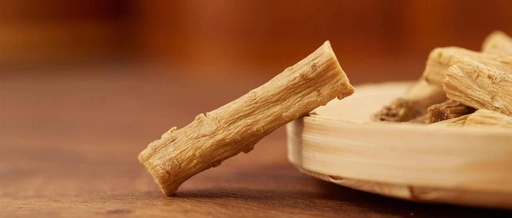Some individuals suffer from both yin and yang deficiency; when taking yin tonics, they fear coldness, and when taking yang tonics, they worry about excessive heat. For such individuals, Yin Er (Tremella) and Dang Shen (Codonopsis) are suitable nourishing options throughout the year.
——Especially for those with both qi and blood deficiency and a pale complexion, Dang Shen can be taken long-term.
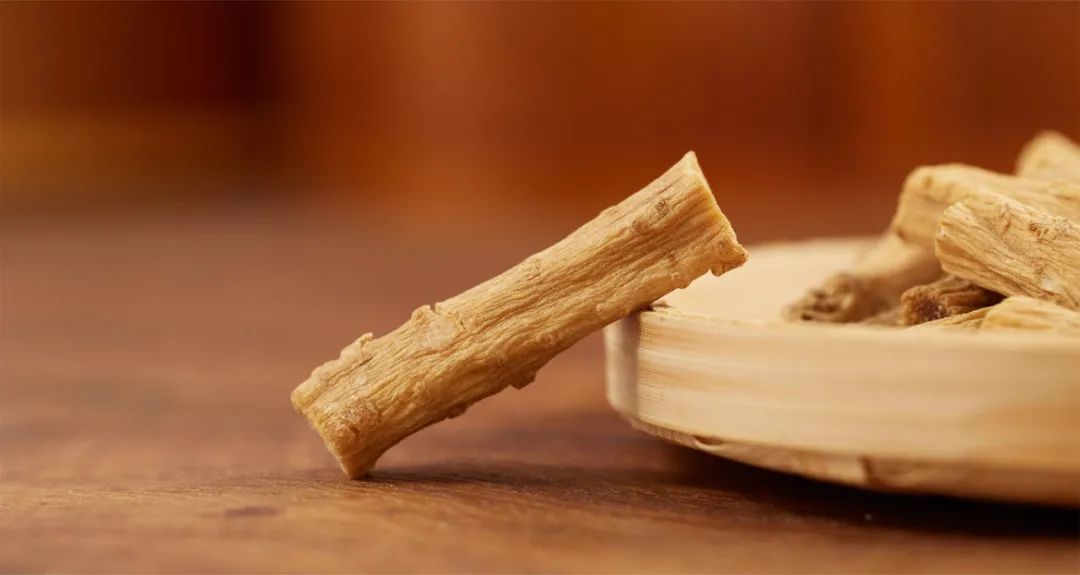
Differences Between Dang Shen and Ren Shen
In ancient times, Dang Shen was referred to as “Little Ginseng” and was often used as a substitute for Ren Shen (Ginseng).
The effects of Dang Shen are similar to those of Ren Shen, but its potency is weaker.
In all ancient and modern prescriptions that use Ren Shen for treating diseases or for tonification, if Ren Shen is not available, Dang Shen can generally be used as a substitute, though a larger dosage and longer duration of use are required.
The Ben Cao Zheng Yi states about Dang Shen —
“Compared to Liao Shen (Northeast Ginseng), it has a thicker and heavier effect, while being less inclined towards yin; compared to Gao Li Shen (Korean Ginseng), it has a robust flavor but is slightly harsh. It is particularly balanced and harmonious, suitable for nourishing all five organs without any contraindications.”
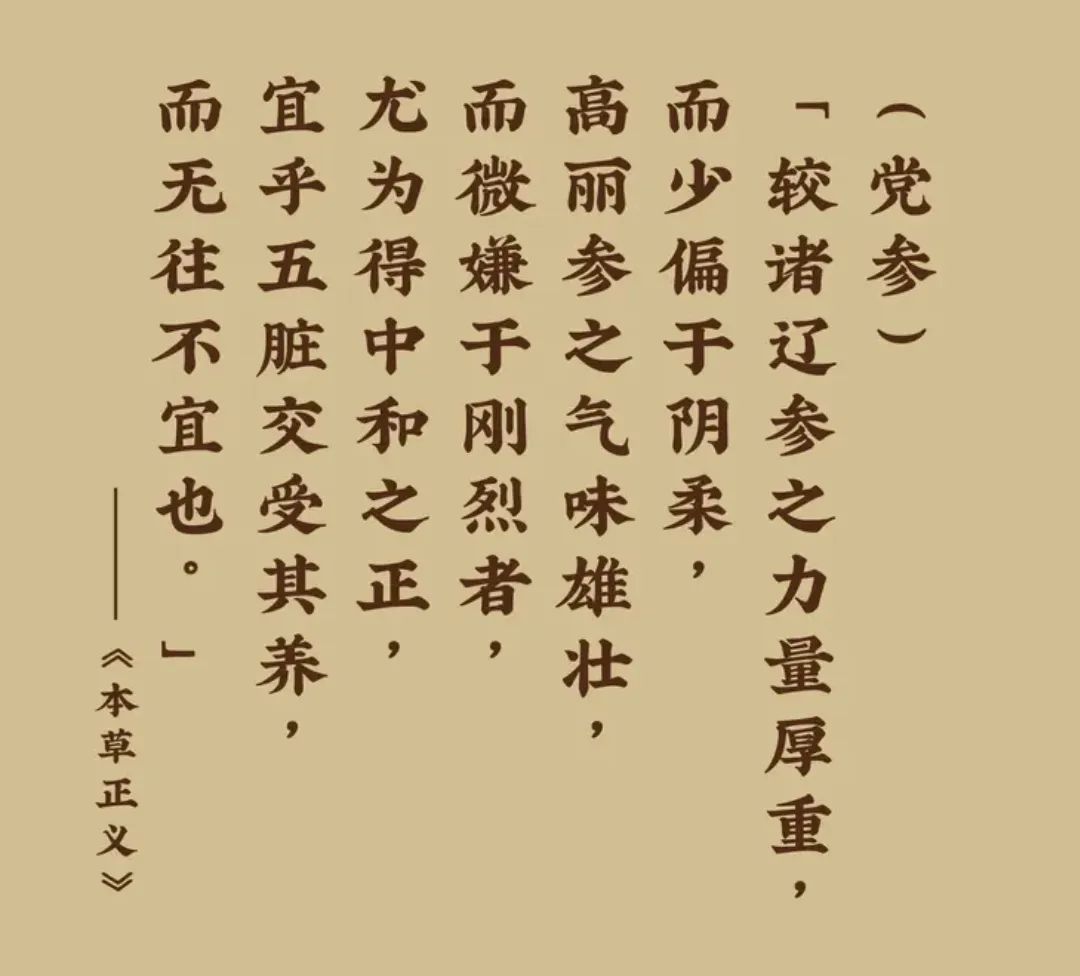
This means that while Liao Shen and Gao Li Shen have powerful effects, one is more gentle and the other more robust, whereas Dang Shen is balanced and harmonious, nourishing all five organs and having a wide range of applications.
Dang Shen tonifies qi without causing heat, nourishes fluids without generating dampness, enriches blood without being greasy, strengthens the spleen without causing dryness, and moistens the lungs without being cold.
It can be consumed by men, women, the elderly, and the young. Even children with deficiency can take it.
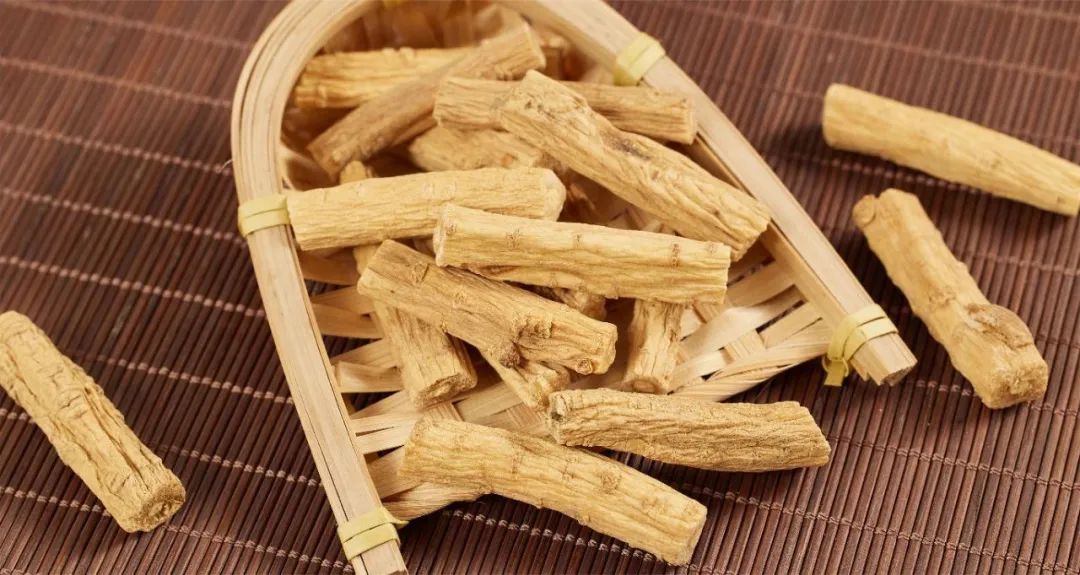
Differences Between Dang Shen and Huang Qi
Both Dang Shen and Huang Qi (Astragalus) have qi-tonifying properties and act quickly. What are their differences?
Huang Qi has the effect of lifting qi upward and can also stabilize the exterior (enhancing the body’s resistance to external pathogens).
Dang Shen does not have the stabilizing effect but can enrich the internal essence of the body.
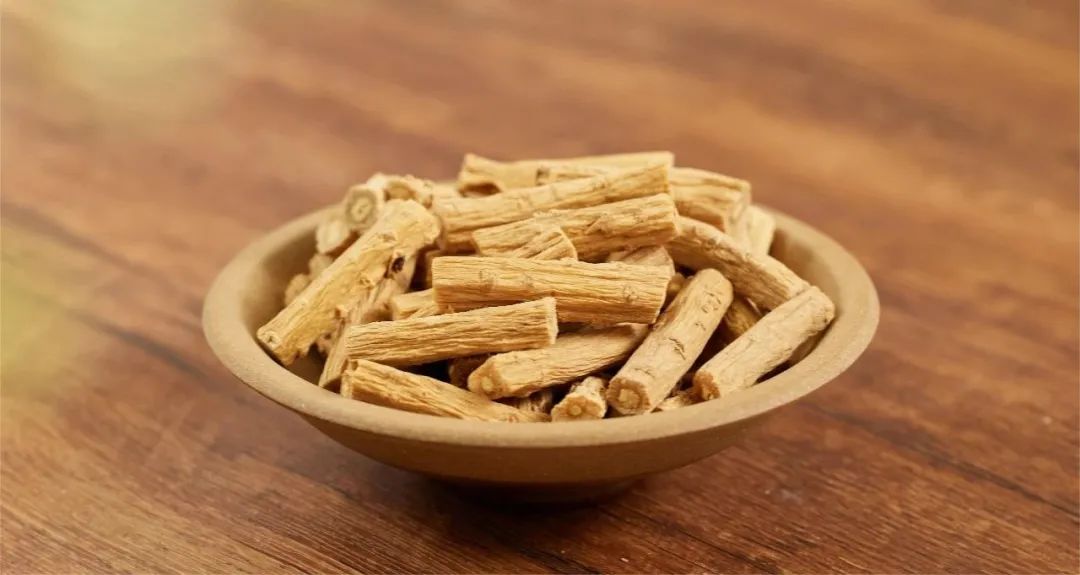
Dang Shen tonifies qi and nourishes yin, while Huang Qi tonifies qi and nourishes yang.Those with both qi and yin deficiency should consume more Dang Shen, while those with qi deficiency and yang deficiency should consume more Huang Qi.
If there is both qi and blood deficiency, and the body is weak, using Dang Shen together with Huang Qi will yield better results.
The ratio of Dang Shen to Huang Qi: For those with heavy dampness or frequent colds, use more Huang Qi; for those with dry mouth and tendency to heat, use more Dang Shen.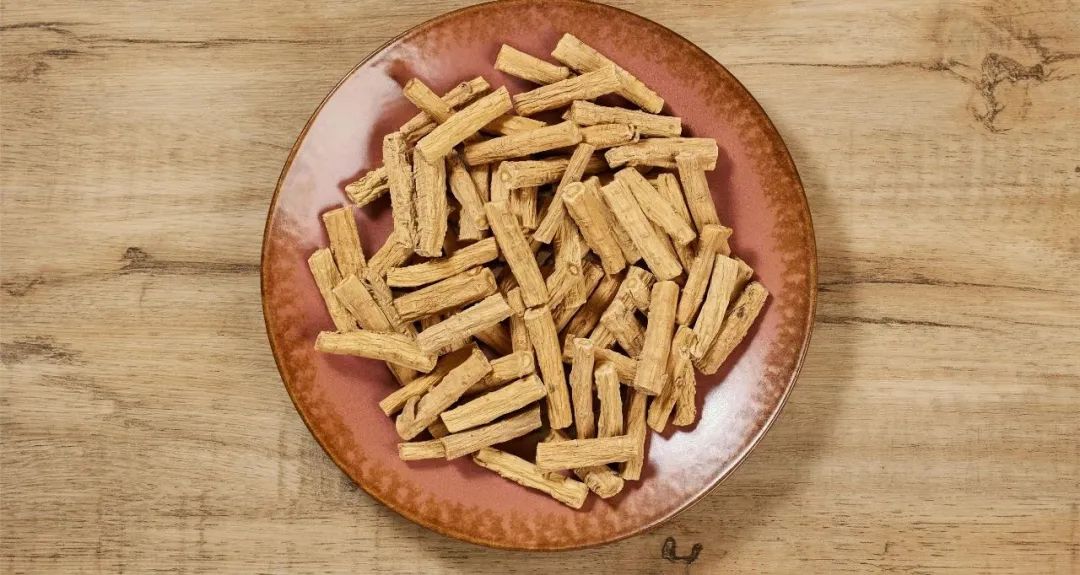
Considerations When Choosing Dang Shen
Dang Shen is rich in nutrients, making it prone to insect infestation, hence it was commonly treated with sulfur fumigation in the past.Fumigation not only prevents insects but also increases weight (fumigating before fully drying makes the herbs heavier, allowing for more profit, and can also make moldy herbs appear fresh, passing them off as good quality).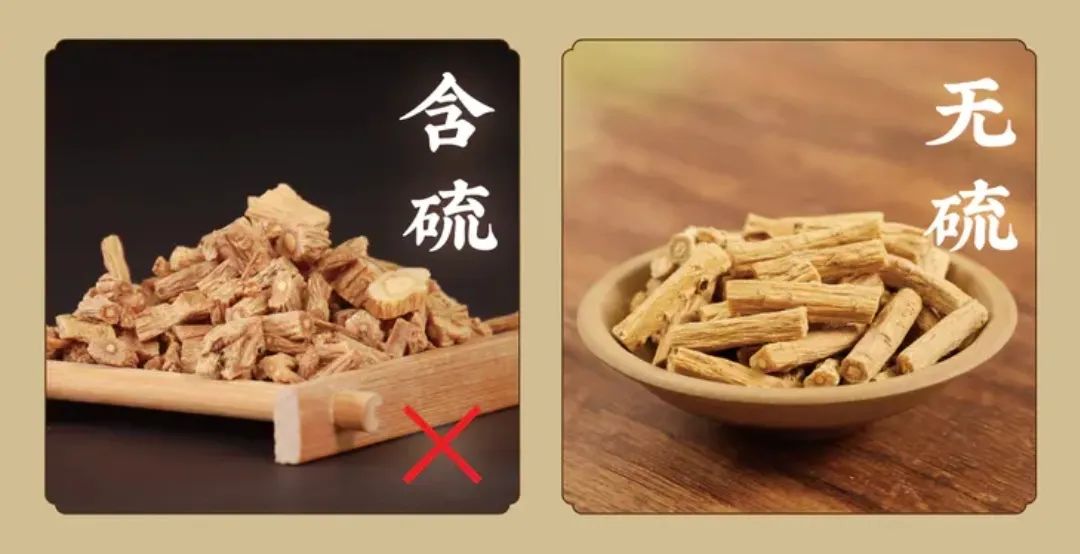
I asked a herbal merchant to demonstrate the sulfur fumigation process for Dang Shen. With just a small piece of sulfur ignited for a few minutes, everyone present started coughing and their eyes stung.
Click to watch the sulfur fumigation of Dang Shen(In the video, only a small piece of sulfur is used for demonstration; in reality, a full barrel of sulfur is used).▼
In actual fumigation, a barrel of sulfur is needed, ignited and fumigated continuously for 7 days; if Dang Shen is not fully dried before fumigation, it requires 10 days and nights until the sulfur completely penetrates the interior of Dang Shen.Thus, sulfur residues are not just on the surface; washing will not remove them.
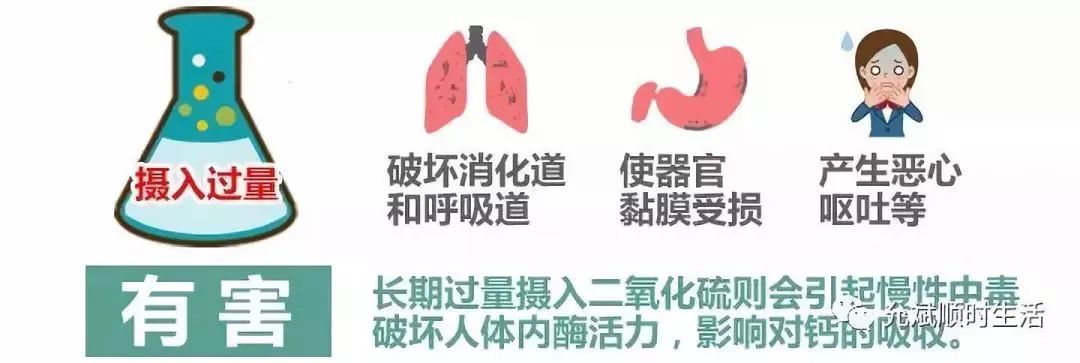
When purchasing Chinese herbs, be cautious; the “sulfur-free” label from merchants does not necessarily mean it is truly free of sulfur fumigation.During my market investigation, I found that merchants categorize herbs as “sulfur-containing,” “sulfur-free,” and “pure sulfur-free.” The so-called “sulfur-free” does not mean it has never been fumigated, but rather that it has not been excessively fumigated.
Additionally, the quality of Dang Shen varies by region and variety, with significant differences in the content of Dang Shen glycosides.
The pharmacological effects of Dang Shen glycosides: anti-cancer, antibacterial, anti-inflammatory, regulating prostate function, and repairing alcohol-induced damage to the gastric mucosa.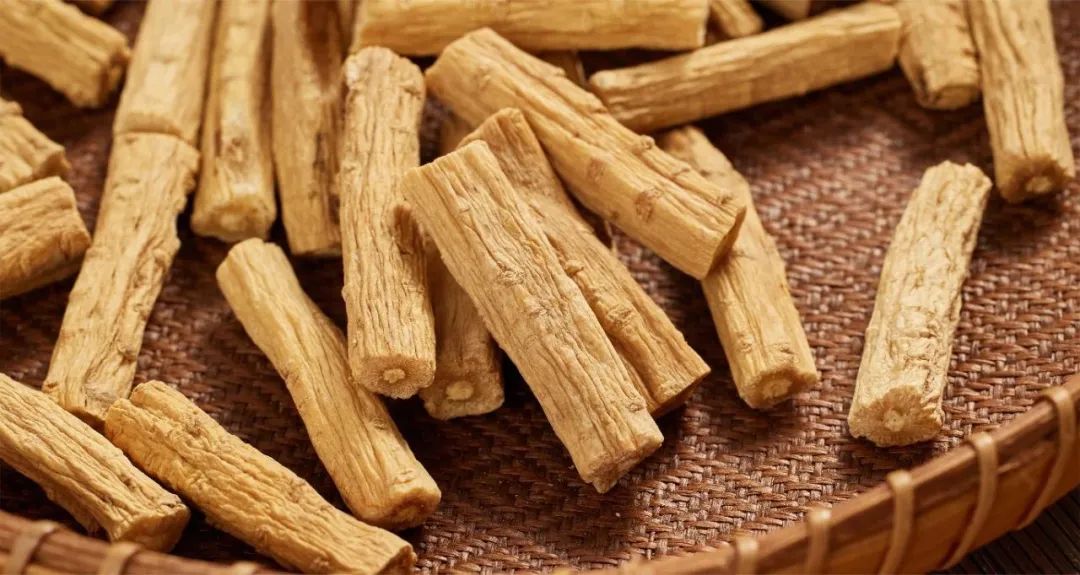
Pairing of Dang Shen
· Dang Shen with Huang Qi:Tonifies middle qi, enhances immunity, suitable for those with insufficient middle qi, weak cough, asthma, fatigue, and poor resistance.Five Flavor Ginseng and Astragalus TeaIngredients:Dang Shen 15g, Huang Qi 15g, Wu Wei Zi (Schisandra) 6g, 1 Lou Han Guo (Monk Fruit), a handful of Gou Qi Zi (Goji Berries)
Dang Shen
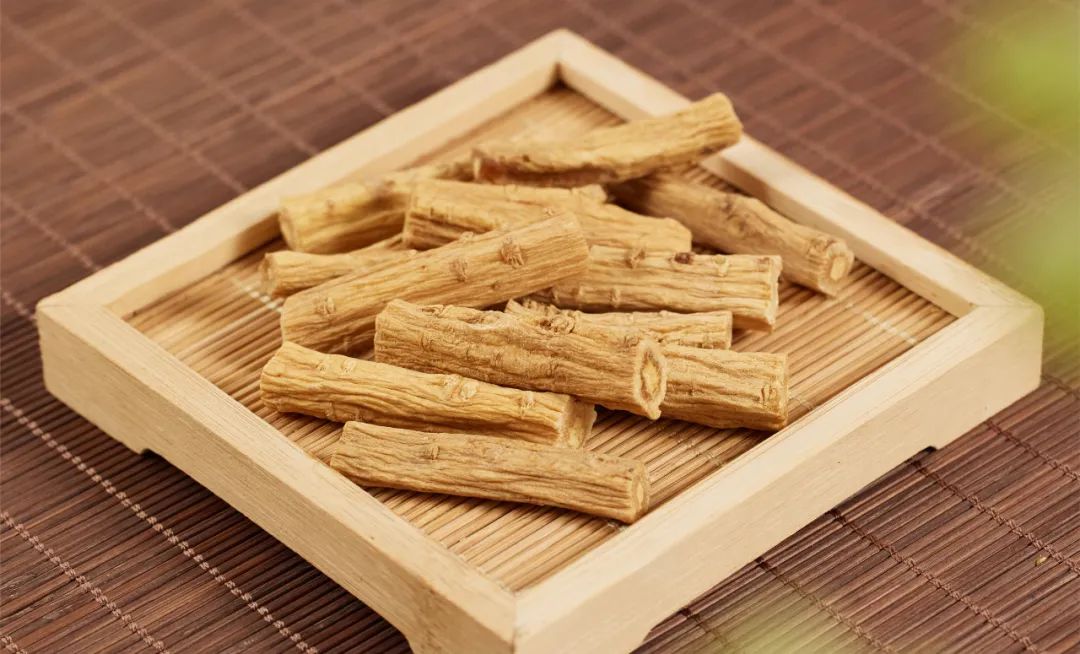
Huang Qi
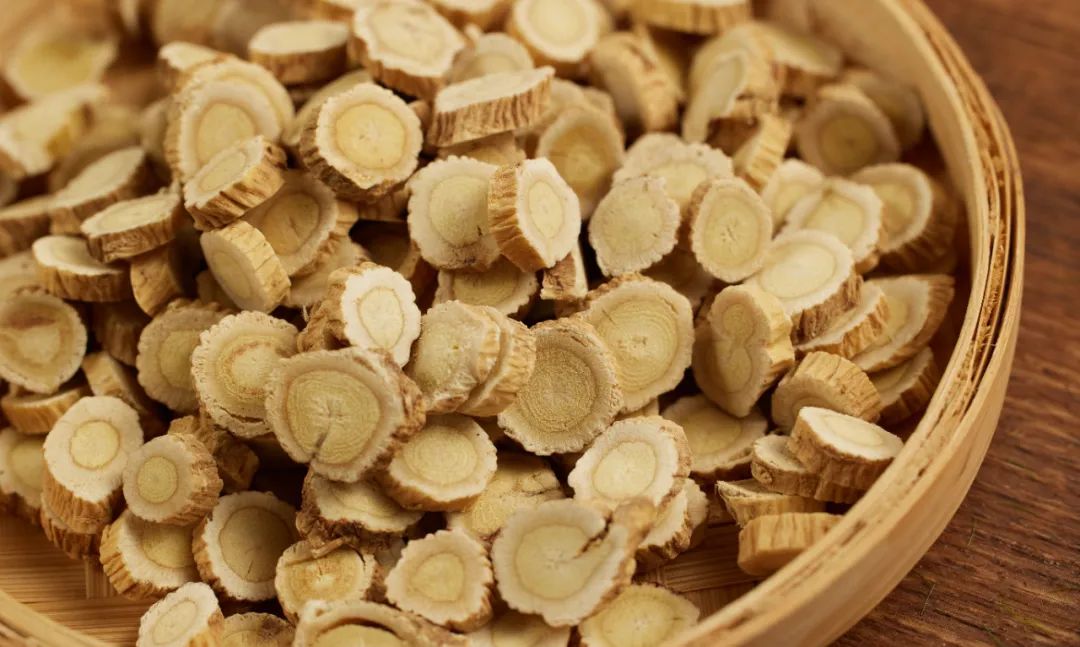
Wu Wei Zi
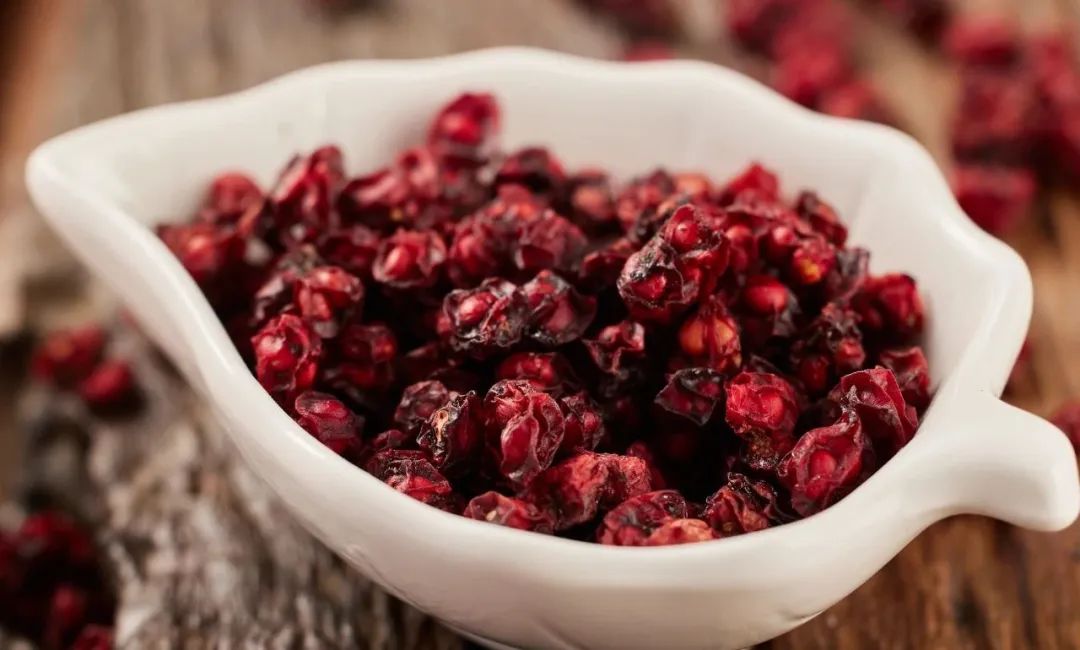
Lou Han Guo
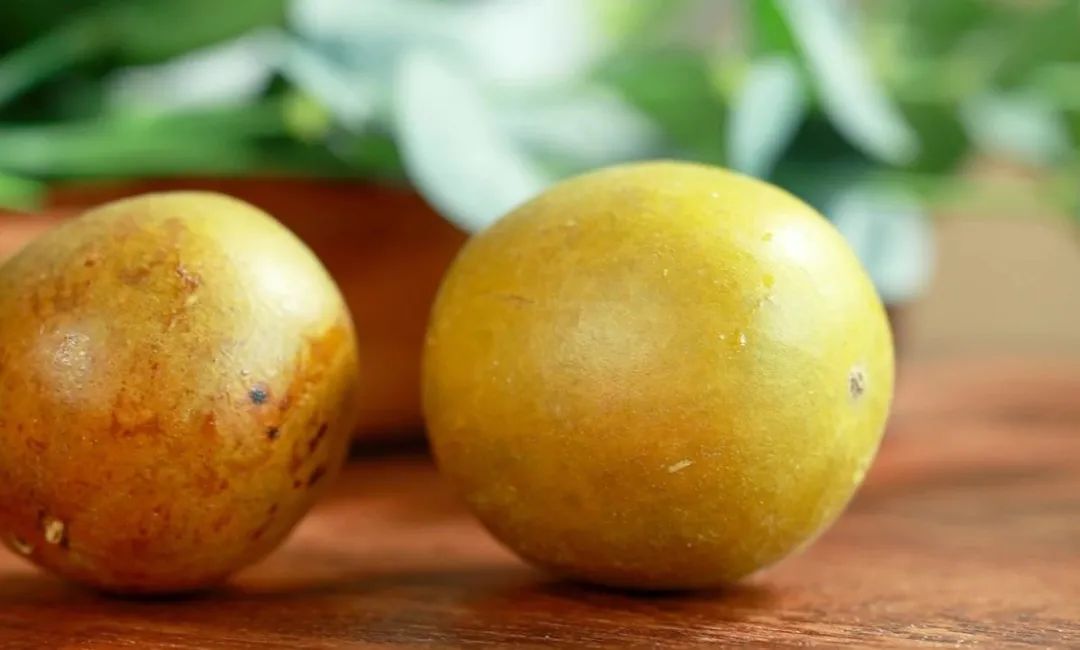
Gou Qi Zi
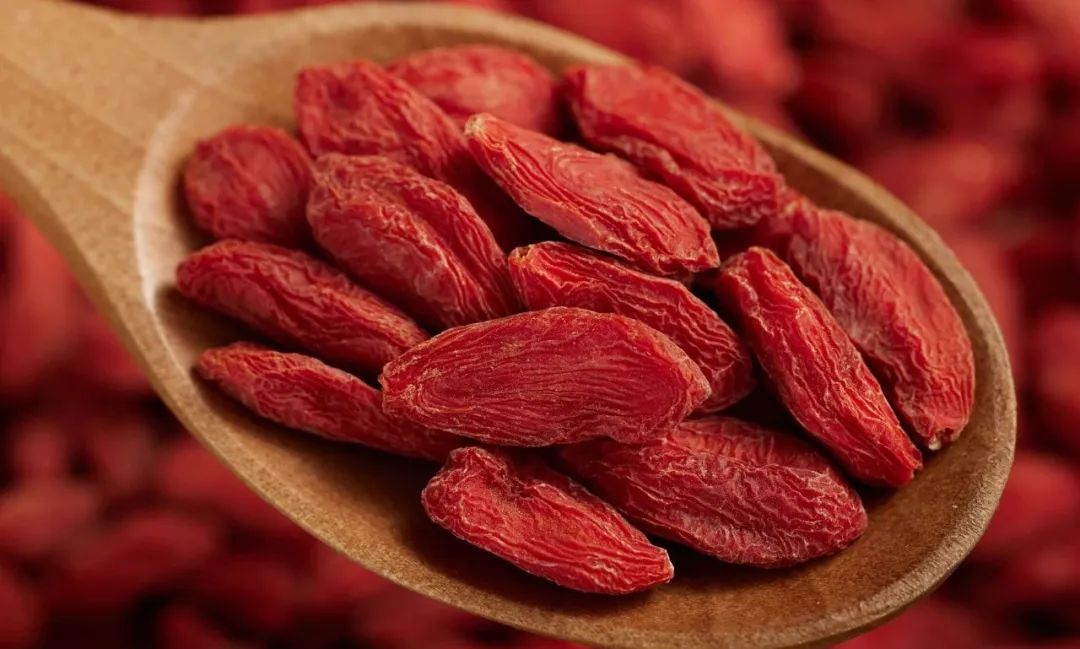
Preparation:Lightly crush the Wu Wei Zi and break the Lou Han Guo; boil with Dang Shen and Huang Qi in water for 40 minutes (can be boiled three times), strain the tea, add Gou Qi Zi, and let cool before drinking.
· Dang Shen with Dang Gui (Angelica): Activates blood and generates new blood, nourishes liver blood, suitable for those with blood stasis constitution, cardiovascular diseases, menstrual irregularities, dizziness, and insomnia with vivid dreams.
Dang Shen
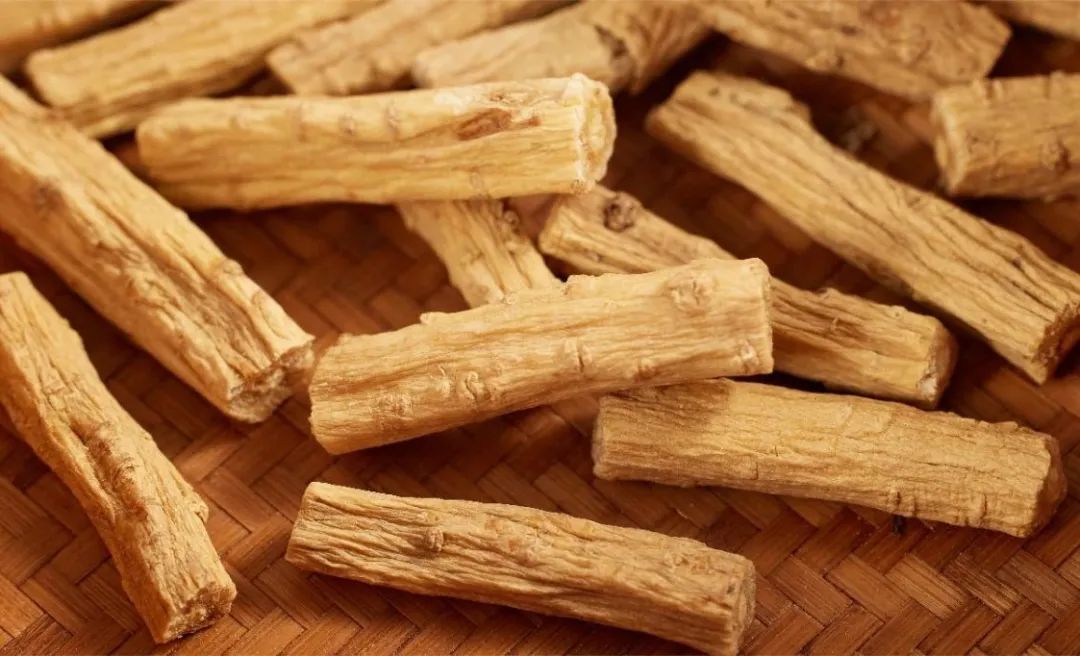
Dang Gui
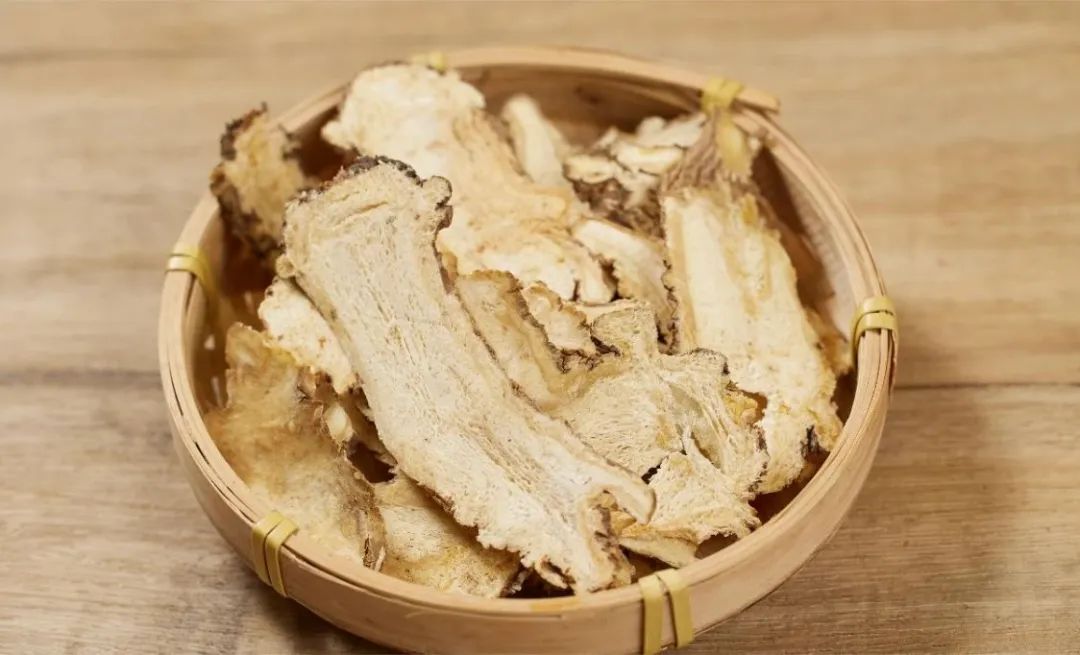
Who Should Regularly Consume Dang Shen
Who Should Regularly Consume Dang Shen
① Cardiovascular diseases, hypertension, hyperlipidemia
② High or low blood pressure (Dang Shen can regulate both directions)
③ Gynecological deficiencies
④ Spleen and stomach deficiency, poor appetite
⑤ Weak limbs, easy fatigue
⑥ Shortness of breath, qi deficiency
⑦ Yellowish complexion
⑧ Anemia
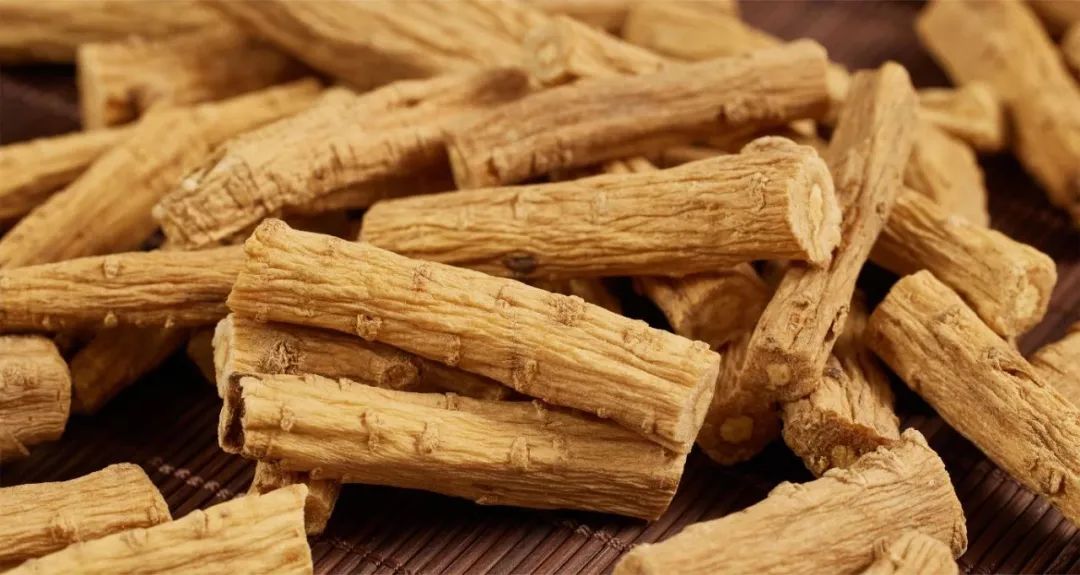
Situations Where Dang Shen Should Not Be Consumed
Do not consume during fever or acute illness, or follow medical advice.

